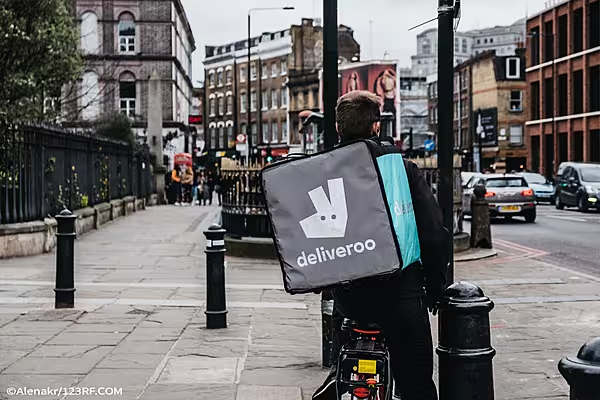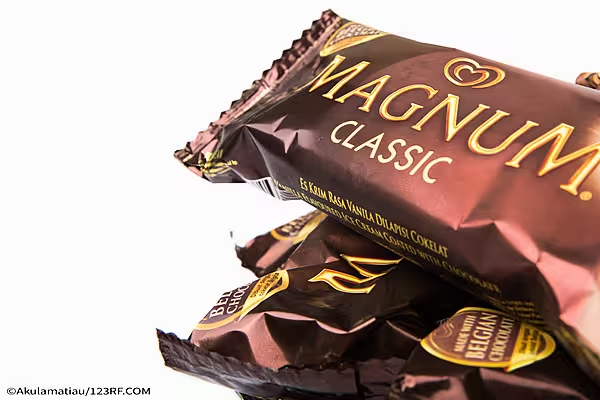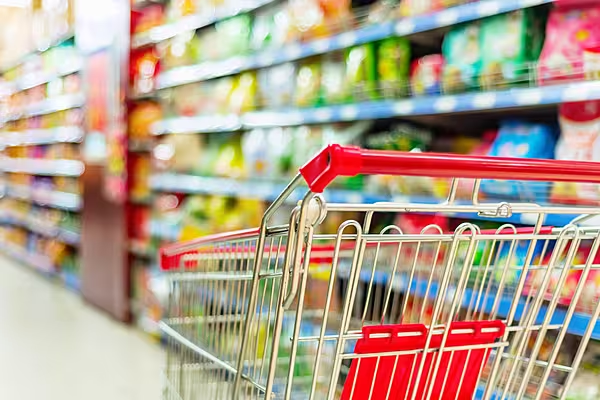Swedish hygiene products group Essity's sales suffered again in the third quarter from the stay-at-home trend sparked by the COVID-19 pandemic, as well as the adverse effects of bulk-buying early in the outbreak, though lower costs supported profits.
Operating profit before amortisation and items affecting comparability shrank 1% from a year earlier to 4.12 billion Swedish crowns (€400 million) as cost cuts and lower raw material and energy costs compensated for the sales drop.
Essity is the world's second-biggest maker of consumer tissue such as toilet paper and handkerchiefs under brands such as Lotus, Edet, Tempo and Vinda.
It is the global leader in hygiene products for businesses under the Tork brand and in incontinence products with TENA.
With less demand for tissues and toilet paper at offices, restaurants, hotels and schools, as people stayed at home, net sales fell 12% - roughly the same pace as in the second quarter - with sales to businesses down 27%.
'Sales were negatively impacted by the COVID-19 pandemic and the related lockdowns and inventory adjustments following stockpiling among distributors in March,' Essity said on Thursday.
Digital Platform
It unveiled plans to invest 2.6 billion crowns (€250 million) in a new digital platform.
"This will further strengthen the group’s customer and consumer offerings, generate significant cost savings and reduce the need for working capital," it said. "A positive sales and earnings impact is expected gradually from 2022."
Of the total investment, 1.4 billion (€140 million) in costs will be charged in 2020-2024, while 1.2 billion (€120 million) will comprise capital expenditures, it said.
Essity said it was raising its target for adjusted return on capital employed to above 17% by 2025 after the previous target of above 15% had been achieved during the past 12 months.
Citing healthy cash flow in 2020, the company's board in September reinstated a dividend proposal made before the pandemic, having withdrawn it in March due to uncertainty.
News by Reuters, edited by Checkout.









